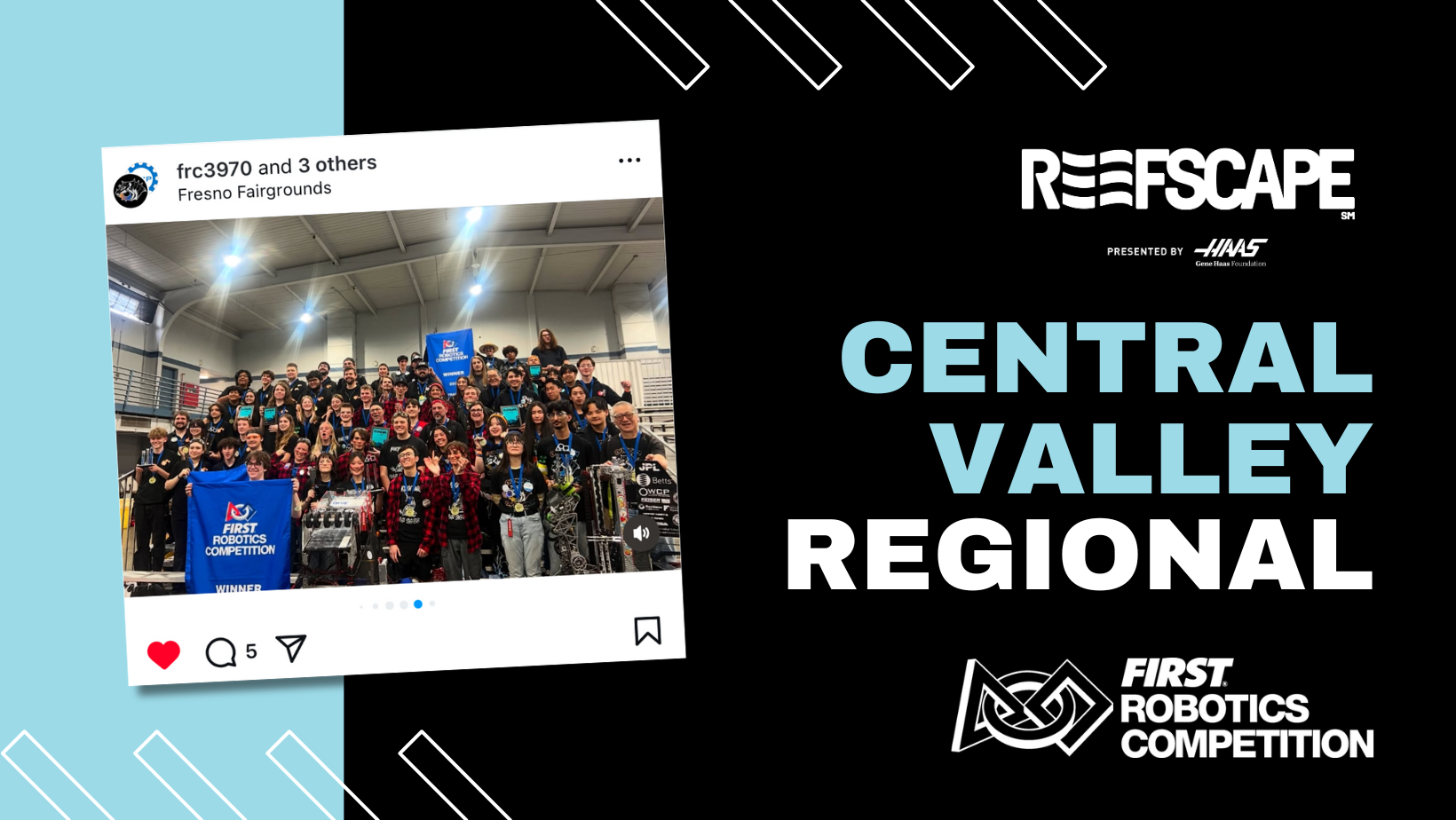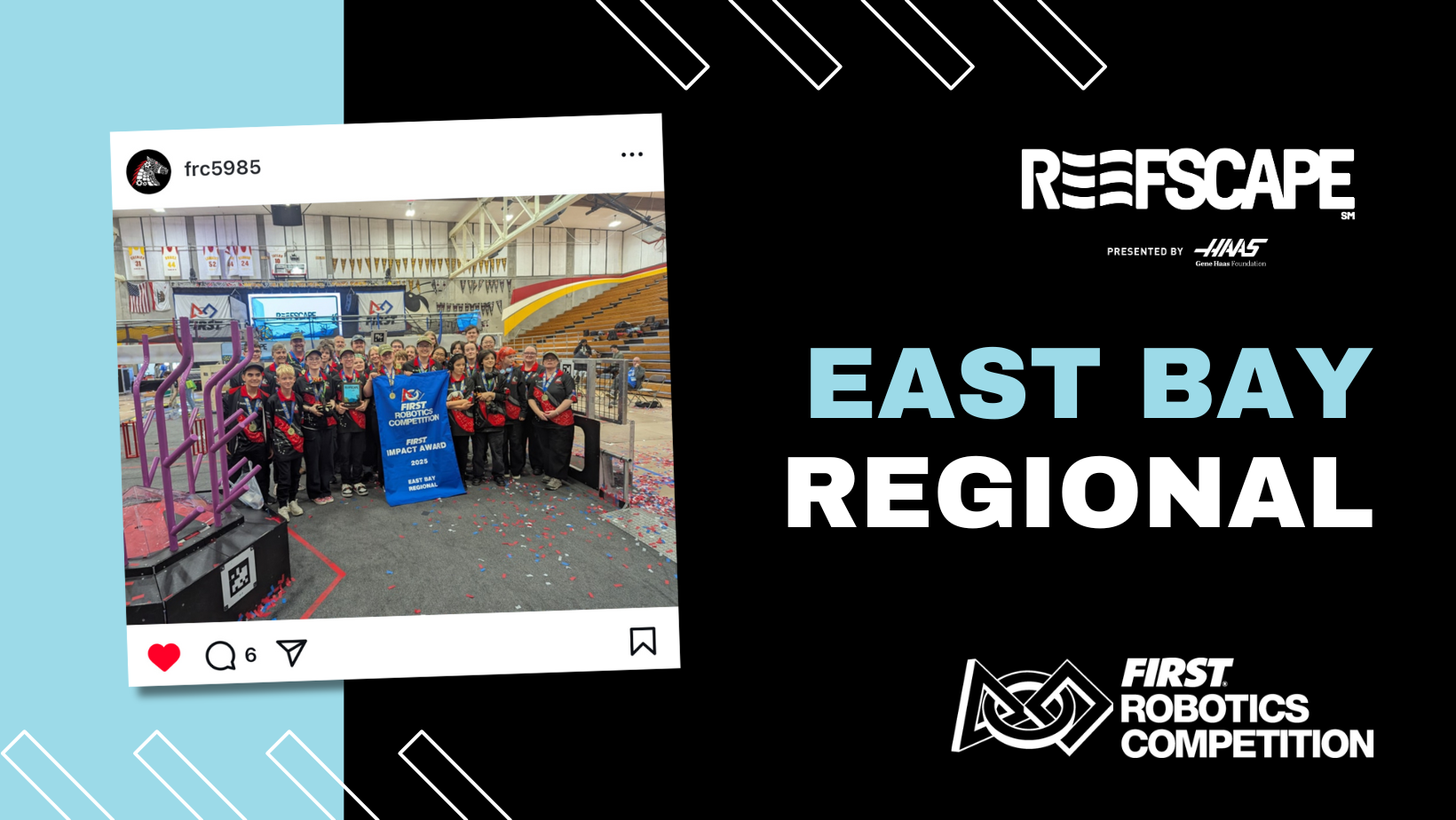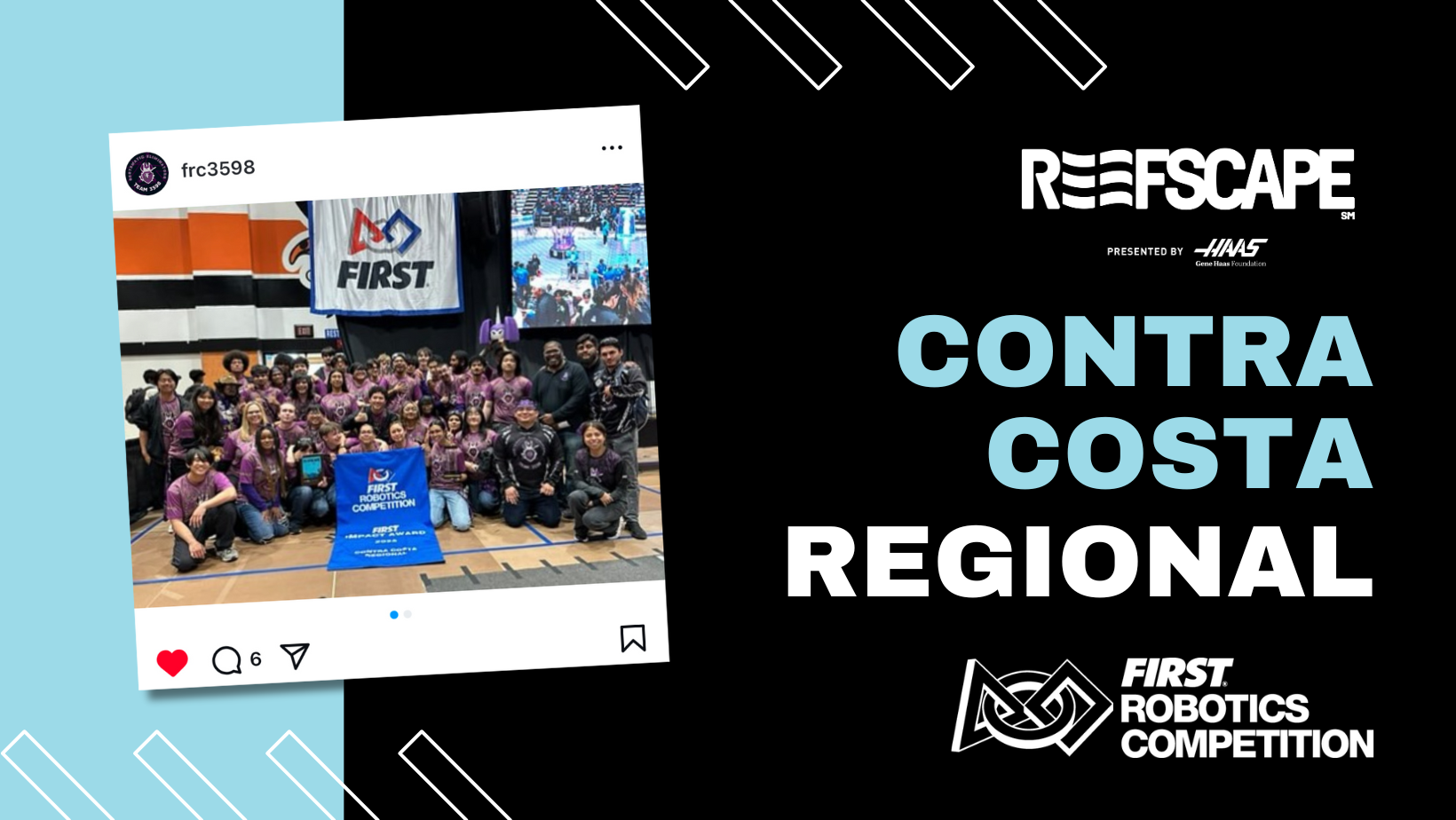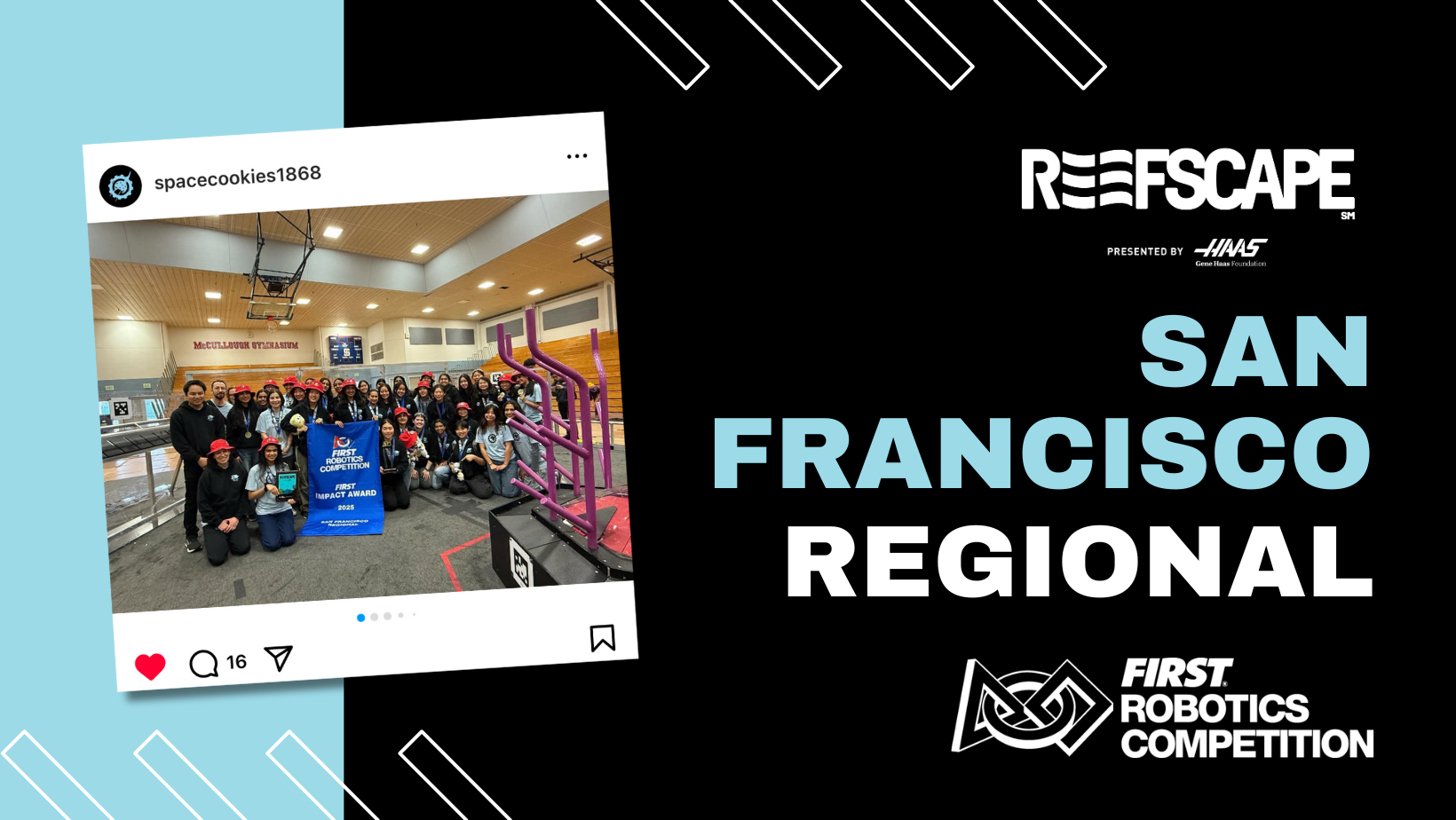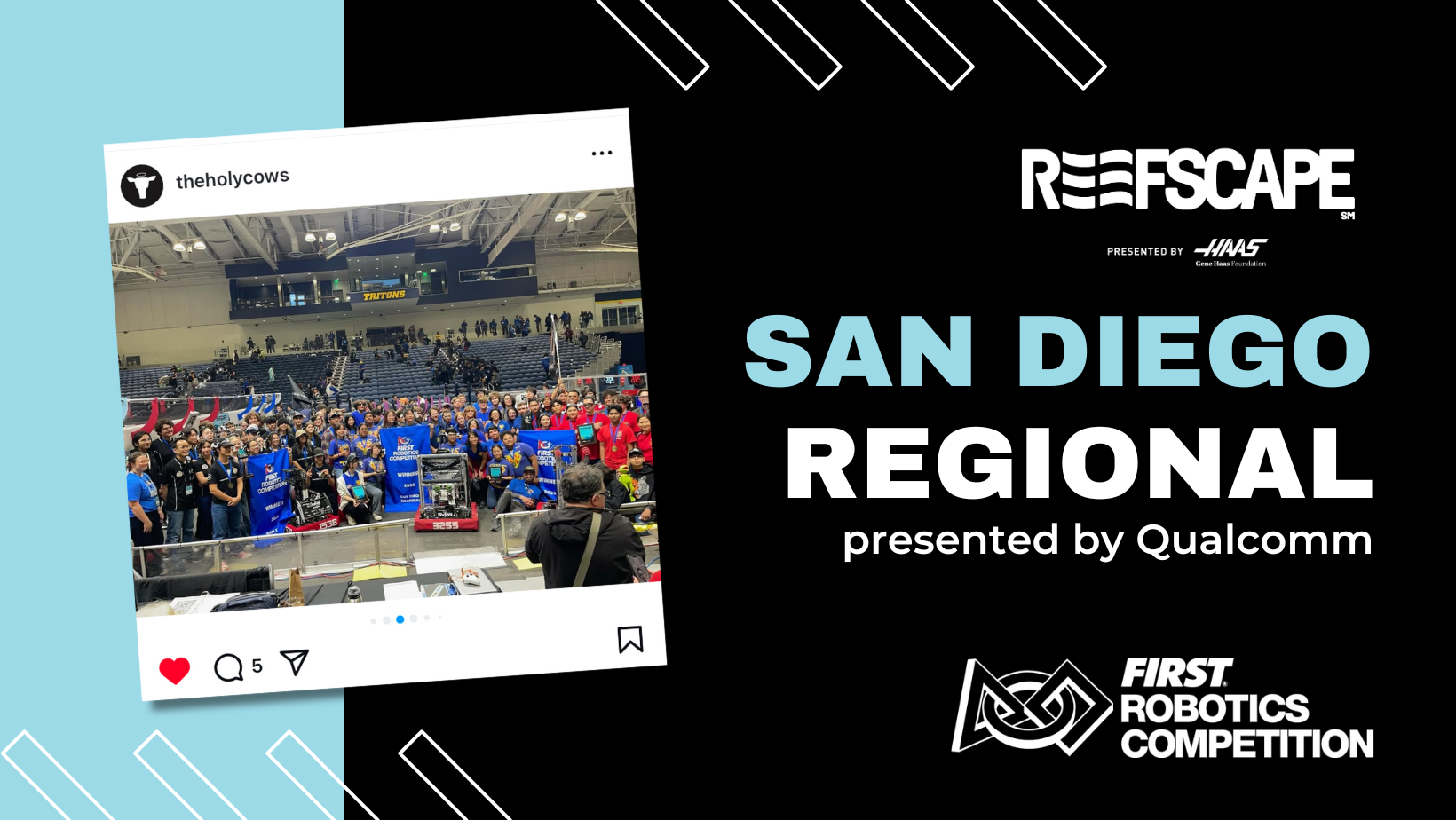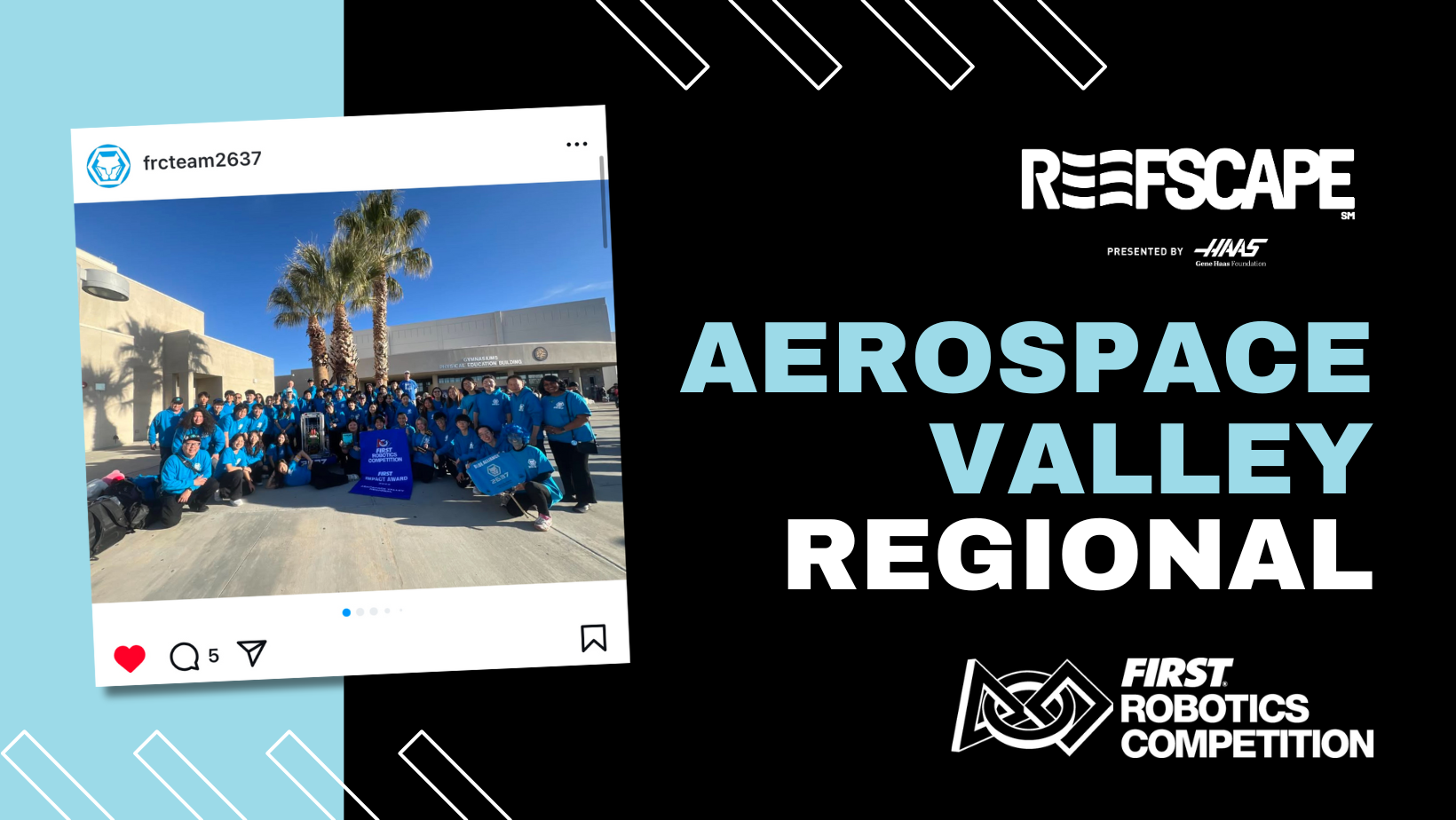
FIRST Robotics Competition – Aerospace Valley Regional
The FIRST Robotics Competition Aerospace Valley Regional, held April 2-5, 2025, featured 40 teams and 1200+ students from California, Turkiye and Chinese Taipei.
It was an inspiring and unforgettable time at the Aerospace Valley Regional, filled with innovation, community pride, and powerful moments that embodied the spirit of FIRST.
The event opened with a moving performance by the Lancaster High School Color Guard, setting the tone for a weekend rooted in excellence and collaboration.
Throughout the event, we were honored to welcome a lineup of distinguished speakers who shared insights from the forefront of science, technology, and public service:
-
George Whitsides, Representative of California’s 27th District
-
Brad Flick, Center Director, NASA Armstrong Flight Research Center
-
Keith Peterson, Vice President of Integration, Skunk Works
During lunch, attendees were treated to a dynamic and colorful performance by EHS Los Leones, showcasing local talent and school spirit. The evening concluded with a relaxed and celebratory Mentor Mocktail Hour, giving mentors a chance to connect and recharge.
Day 2 began with a heartfelt Opening Ceremony by the Knight High School Color Guard, followed by another round of impactful guest speakers:
-
Gregory Nehen, Superintendent, AVUHSD
-
Diego Silva, Senior Advanced Automation Engineer, Northrop Grumman
-
R. Rex Parris, Mayor of Lancaster
From compelling speakers to high-energy matches and meaningful community moments, the Aerospace Valley Regional was an incredible success. Thank you to all the teams, volunteers, mentors, and sponsors who made it possible!
Feel free to download and share any of these photos. You can tag FIRST California at @firstroboticscalifornia on Instagram and use hashtags #FIRSTinCA, #morethanrobots, #omgrobots, #REEFSCAPE and #FIRSTDIVE.
LIST OF TEAMS ADVANCING TO CHAMPIONSHIPS IN HOUSTON!!!
The following teams and individuals earned top honors at the San Diego Regional and earned their way to compete at the FIRST Championships in Houston, April 16-19, 2025.
FIRST Impact Award
The FIRST Impact Award is the most prestigious award at FIRST, it honors the team that best represents a model for other teams to emulate and best embodies the purpose and goals of FIRST.
The FIRST Impact Award is presented to the team judged to have the most significant measurable impact of its partnerships among its participants and community over a sustained period, not just a single build season. The winner is able to demonstrate progress towards FIRST’s mission of transforming our culture. The recipient team will be invited to a FIRST Championship where it will compete for the FIRST Impact Award against winners from other qualifying events.
Finding an Impact winner truly challenged the judges. We found our answer in the natural world. Whether participating in local community events and parades or reaching out across the globe, these jungle dwellers leave their mark. Taking the time to ask what voices are missing in FIRST shows this team’s commitment to making FIRST available for all. Go Baby Go all the way to Championships.
- Team 2637, Phantom Catz from Rolling Hills Estates, CA
Engineering Inspiration
The Engineering Inspiration Award celebrates outstanding success in advancing respect and appreciation for engineering within a team’s school or organization, and community. Inspiring others to respect science and technology requires passion, knowledge and commitment, and we recognize these qualities through this award. This team will advance to the Championships.
This award recognizes a team that inspires its community to greater heights in respect for engineering. They provided design guides to introduce engineering to many students who might not otherwise get involved, and about a third of their school is involved with the team. There’s a saying that it’s not easy being green, but they made it look effortless with green everywhere in their pit and robot, and a robot petting zoo to make things fun. It was a totally appropriate look for a Gator!
- Team 1700, Gatorbotics from Palo Alto, CA
Regional Winners Qualifying for Championship
- Team 4415, EPIC Robotz from Cerritos, CA
- Team 5199, Robot Dolphins From Outer Space from Dana Point, CA
The Dean’s List Finalist
In an effort to recognize the leadership and dedication of FIRST’s most outstanding FRC students, the Kamen family sponsors an award for selected top students known as the FIRST Dean’s List. This award celebrates a student’s outstanding leadership and effectiveness in advancing respect and appreciation for engineering and engineers, both within their school, as well as their community. FIRST Dean’s List Finalists will compete at the championship for the FIRST Dean’s List.
- Siona G, Team 2584, Flame of the West
- Angel D, Team 5012, Gryffingear
Woodie Flowers Finalist Award
FIRST stands apart from other competitions in STEM and sports due to the FIRST Ethos of Gracious Professionalism, the concept of Coopertition, and the commitment to the FIRST Core Values. The guiding force behind these principles was Dr. Woodie Flowers. Dr. William Murphy, Jr., who was instrumental in creating the concept of FIRST with Dean Kamen, recognized the unique perspective, wisdom, and communication style that Woodie brought to the FIRST Robotics Competition.
In honor of Woodie, Dr. Murphy founded the Woodie Flowers Award in 1996. He recognized that the FIRST ethos would be carried forward by our FIRST mentors and sought to celebrate those mentors who demonstrate the leadership, ethical behavior, and communication skills exemplified by Woodie. Woodie believed “societies get the best of what they celebrate”.
Being recognized by students, through nomination essays, makes this honor very meaningful to mentors. It is truly an honor for a mentor to be nominated for this award.
- Ernest Acosta, Team 2584, Flame of the West
Additional Awards
Congratulations to the Teams and individuals that earned the remaining awards at the Aerospace Valley Regional! See the list here.

